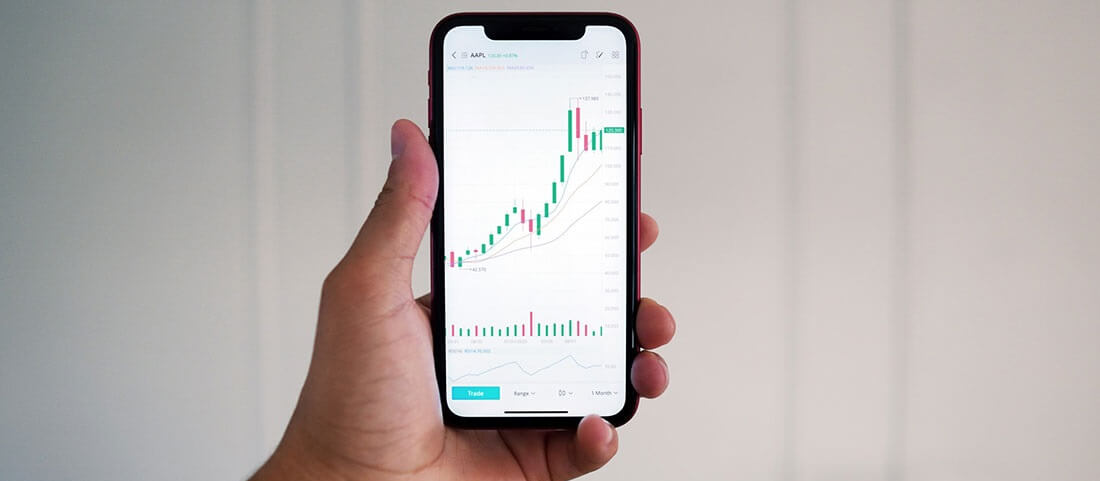Even for non-investors, day trading has quite a reputation. Though it doesn’t quite exist in this form any longer, we tend to imagine day traders as they appeared in the 1990’s: sweating through their overalls and dress shirts on a trading floor, shouting and pointing, trying to get rich fast. Day trading still happens (more than ever before, actually), but it tends to happen in the privacy of our own homes, rather than in a centralized physical trading market (thanks, internet!).
Day trading’s less well known cousin is swing trading. With day trading, stocks are bought and sold in the same day. With swing trading stocks are bought and held, for a couple of days up to a couple of weeks. Even though it isn’t as fast paced or sexy, there are good reasons why swing trading beats day trading, at least in my book. Here are three.
- Swing Trading is Less Stressful. Professional day traders have it rough. Even though there is great opportunity for big gains, it’s easy to lose your pants, too. Day traders have to think fast. At the first ding from your stock alerts, you have to spring into action, evaluating news as it pertains to stock prices and market sentiment. Once you buy stock, you’re on pins and needles waiting for the market to swing your way. If it does, at what point do you sell? Are you waiting too long? Not long enough?! Oh NO! The price just dove! Swing trading can still be nerve wracking, but it gives you several days or weeks to adjust to the changing market environments witnessed on your screen. If you prepared well, you shouldn’t have much to worry about.
- It Rewards Analysis. All stock traders analyze the stocks they buy and sell. But with day trading, a trader sometimes spends more time considering public opinion than the underlying value of a stock, be it underpriced or overpriced. Swing trading enables a value-minded investor to exploit an underpriced stock, or to use a short position to cash in on a frothy market.
- It’s a Great Way to Learn the Markets. If you want to buy and sell stocks for profit, you probably shouldn’t dive straight into day trading. With so much to lose, it’s not a good idea to make fast paced trades without a rock solid understanding of what you’re doing. Swing trading pumps the brakes on day trading, giving the trader the opportunity to learn through trial and error without pinning huge resources on a position that could fail in just a few hours. New traders are much more likely to make foolish mistakes when they don’t have time to carefully consider all their options. Swing trading is the solution.
I take part in day trading and swing trading, but I swing trade more often and get better results that way. Swing trades tend to be more calculated and less stressful than day trades, and this is an important distinction that many of today’s day traders could benefit from learning.




